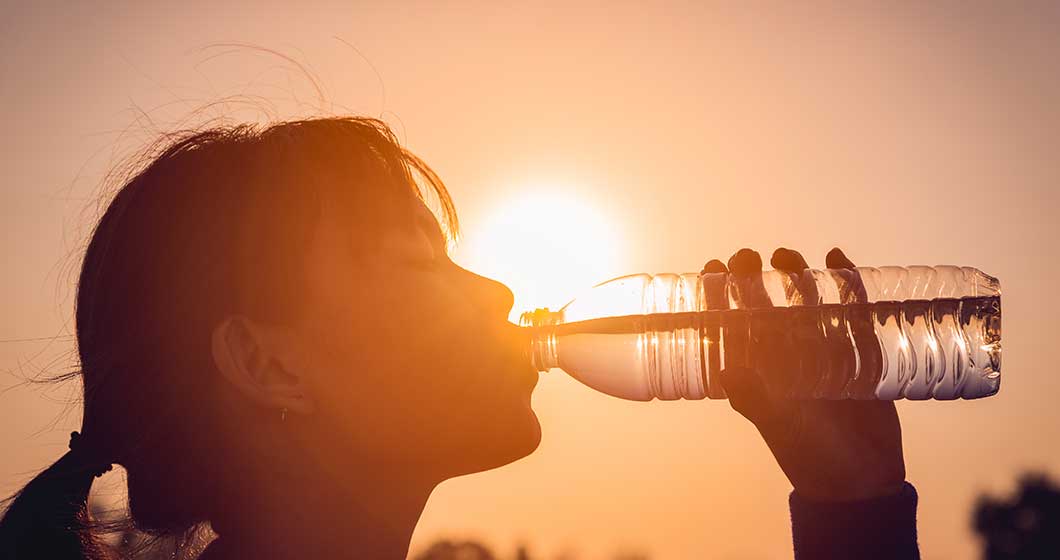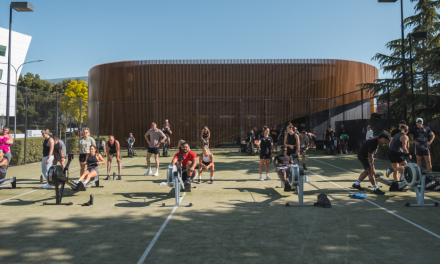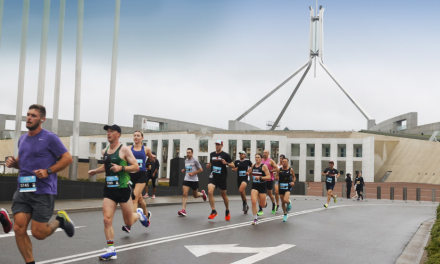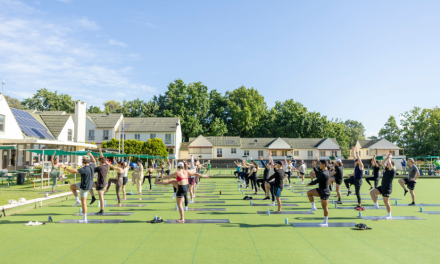As you skip barefoot across hot concrete, brand yourself with a seatbelt buckle, and find solace in equally murky and appealing public pools – remind yourself of the icy, whipping winds of Canberra winter and the frosty mornings that had you dreaming of the Australian summer.
You spent the past year looking forward to drinks in the sunshine, picnics by the lake and dips in the river. As the weather warmed up for Christmas and the holidays approach, there was nothing more exciting than the thought of a weekend BBQ or a backyard slip n slide. That is until the heatwave hit you like a tsunami. As the temperatures continue to soar in the peak of Summer, you’re shutting yourself up in the house to escape the 40 degree temperatures that could literally fry an egg on the pavement.
Heatwaves are Australia’s deadliest natural disaster, causing more deaths than bushfires, cyclones and floods put together. The extreme heat can cause hyperthermia, heat stroke, heart failure and increased numbers of drownings as people can become easily dehydrated and stressed.
This week sees the majority of Australia impacted by a massive heatwave. Struck by what feels like the ever-escalating frequency of heatwave warnings on the news – Canberra has been issued extreme weather warnings as a severe heatwave is expected to last into the weekend.
So, what causes a heatwave? A heatwave occurs when high atmospheric pressure pushes hot air downwards towards the ground. As more and more hot air is pushed down, the air compresses and heats up, causing temperatures to soar and stay high. Since the air pressure is so high it makes it hard for other weather systems like wind to move into the area. Without wind to move the hot air away, the temperature continues to increase, hence having multiple days of 40 degrees or more in a row.
The lack of clouds, rain and wind means the sun is beating down intensely on people, animals, plants and water reserves, meaning anyone or anything in the great outdoors is at risk of heat damage or sickness. Heatwaves can cause massive crop failures, widespread power outages and damaging environmental phenomena such as the hundreds of thousands of fish dying in the Murray-Darling river system.
To stay safe this week, and furthermore this summer:
- Drinks LOADS of water. Even if you are indoors you are likely losing more water than you realise.
- Keep your house cool using blinds, awnings and air conditioners. Be wary that increased use of air conditioners can cause power outages so ensure you have a plan B.
- Stay sun safe if you are outdoors. Wear a hat, sunglasses, lightweight clothes and sunscreen.
- Stay out of direct sunlight to prevent excessive heat exposure. Jump in the pool or use an indoor gym instead of spending prolonged periods outdoors.
- Watch for early signs of heat stress such as dizziness, headaches and vomiting.
- Ensure pets have plenty of food, water and shelter.






